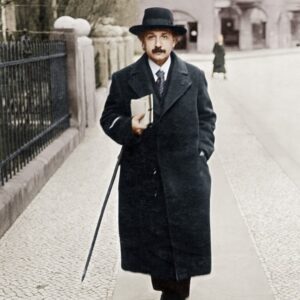Paving the Way to New Device-Independent Quantum Key Distribution Devices
Applying advantage distillation to device-independent quantum key distribution (DIQKD)
Selected notes ~
+ Currently, several physicists are trying to improve existing DIQKD systems: experimentalists by reducing noise in communicating devices and theorists by developing protocols that are less demanding in terms of noise tolerance. The study carried out by Tan, Lim and Renner, which falls in the latter category, could ultimately pave the way to the development of new DIQKD frameworks that are both secure and fully effective.
“A main challenge in DIQKD is that almost nothing is known about the information that the adversary Eve may have gathered,” Renner explained. “In principle, that information could even consist of infinitely many qubits. We therefore had to use and further develop information-theoretic techniques that allow us to characterize such unstructured information.”

Standard QKD protocols require detailed knowledge of the internal workings of the devices. Image Credit: Tan, Lim & Renner.
+ Using the techniques they developed, the researchers were able to show that advantage distillation is possible even in extreme cryptography settings, such as in DIQKD. They found that their method allows for improvement of the noise tolerance thresholds beyond the previously known values, which should make it easier to achieve an experimental demonstration of DIQKD.
+ “The holy grail in the quantum cryptography community is to have a fully functioning and secure experimental demonstration of DIQKD,” Renner said. “This, however, seems to be very challenging, and requires a joint effort from experimental and theoretical researchers.”
Content may have been edited for style and clarity.

